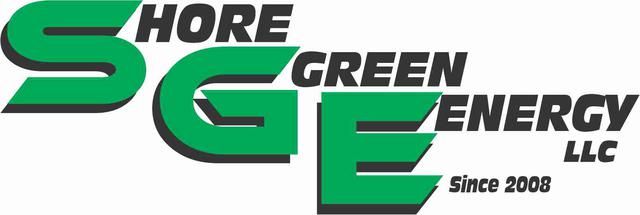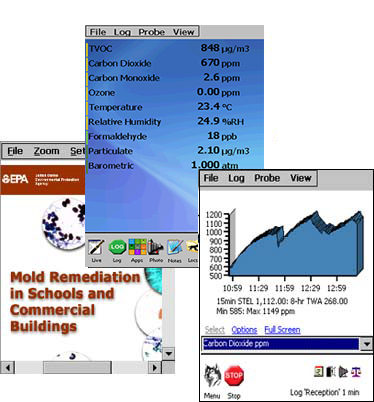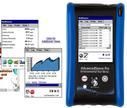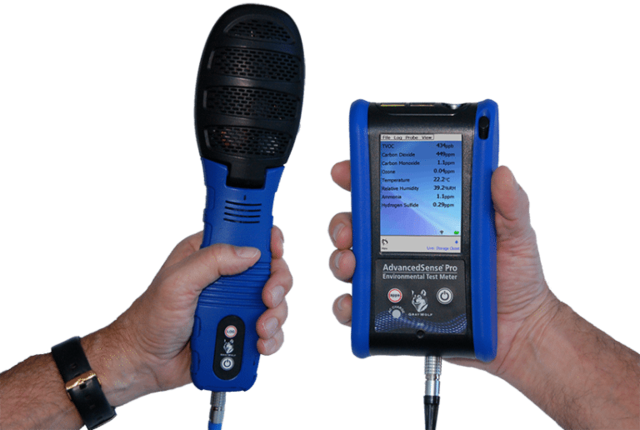Call Us: (609) 365-8744 | Email Us: shoregreenenergy@comcast.net
Our IAQ Services
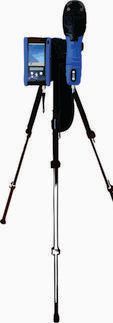
Assessment of Indoor Environmental Quality
Shore Green will inspect and evaluate indoor environments to assess factors like air quality, ventilation, temperature, humidity, and the presence of contaminants or pollutants like mold, allergens, volatile organic compounds (VOCs), and others.
- Consultation: Shore Green will provide guidance to homeowners, business owners, facility managers, and others on how to improve indoor environmental quality. This could involve recommending changes to building design, HVAC systems, cleaning practices, and more.
- Developing Remediation Plans: If problems are identified during an assessment, Shore Green will develop a plan to address these issues. This could involve cleaning or maintenance, changes to the HVAC system, removal of hazardous materials, or other strategies.
- Monitoring and Maintenance: Shore Green will oversee or perform ongoing monitoring of indoor environmental quality. We also develop and implement maintenance plans to ensure that good conditions are maintained over time.
- Education and Training: Shore Green often educate clients, employees, and other stakeholders about indoor environmental quality. We can also provide training on how to maintain good conditions and avoid common problems.
- Regulatory Compliance: For businesses and other organizations, Shore Green will help ensure compliance with regulations related to indoor environmental quality. We conduct inspections, prepare reports, and help implement any necessary changes.
Advantages to Checking Indoor Air Quality
Health Benefits:
Monitoring indoor air quality allows you to identify potential pollutants and allergens present in the air. This knowledge can help you take proactive measures to reduce exposure to harmful substances, such as volatile organic compounds (VOCs), mold, pollen, or dust. By maintaining good indoor air quality, you can minimize the risk of respiratory problems, allergies, asthma, and other health issues associated with poor air quality.
Improved Productivity:
Good indoor air quality has been linked to increased productivity and cognitive performance. By ensuring a clean and healthy indoor environment, you can create a comfortable space that promotes focus, concentration, and overall well-being. This can be particularly beneficial in workplaces, schools, or any environment where mental performance and productivity are crucial.
Environmental Monitoring:
Monitoring indoor air quality can help you optimize your heating, ventilation, and air conditioning (HVAC) systems. By understanding the quality of the air in your space, you can adjust ventilation rates, temperature settings, and filtration systems accordingly. This optimization can lead to energy savings, lower utility bills, and a more environmentally friendly approach to indoor climate control.
Early Detection of Issues:
Regularly checking indoor air quality can serve as an early warning system for potential issues in your environment. For example, high humidity levels may indicate a moisture problem that could lead to mold growth. Unusual chemical odors might suggest the presence of volatile chemicals or gas leaks. By detecting these problems early, you can address them promptly and prevent further damage or health risks.
Peace of Mind:
Knowing that you are breathing clean and healthy air provides peace of mind for you, your family, or your employees. It can alleviate concerns about indoor pollutants and their potential health effects. Monitoring indoor air quality and taking necessary measures to improve it can create a comfortable and safe environment, fostering a sense of well-being and satisfaction.
Remember that indoor air quality can be affected by various factors, including ventilation, building materials, household products, cleaning supplies, and activities taking place indoors. Regularly checking indoor air quality helps you stay informed and take appropriate actions to create a healthier living or working environment.
Shore Green Energy LLC (Since 2008)
CIEC Council-certified Indoor Environmental Consultant #2306014
BPI Certified Building Analyst (since 2010)
BPI Certified Envelope Professional (since 2010)
Certified Mold Assessor Technician / Certified Mold Protocol Writer
AHERA Certified Asbestos Building Inspector
AHERA Certified Asbestos Management Planner

104 Shore Rd, Linwood, NJ 08221
Office: (609) 365-8744
Cell: (609) 703-1311
Shore Green Energy LLC

